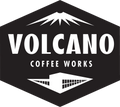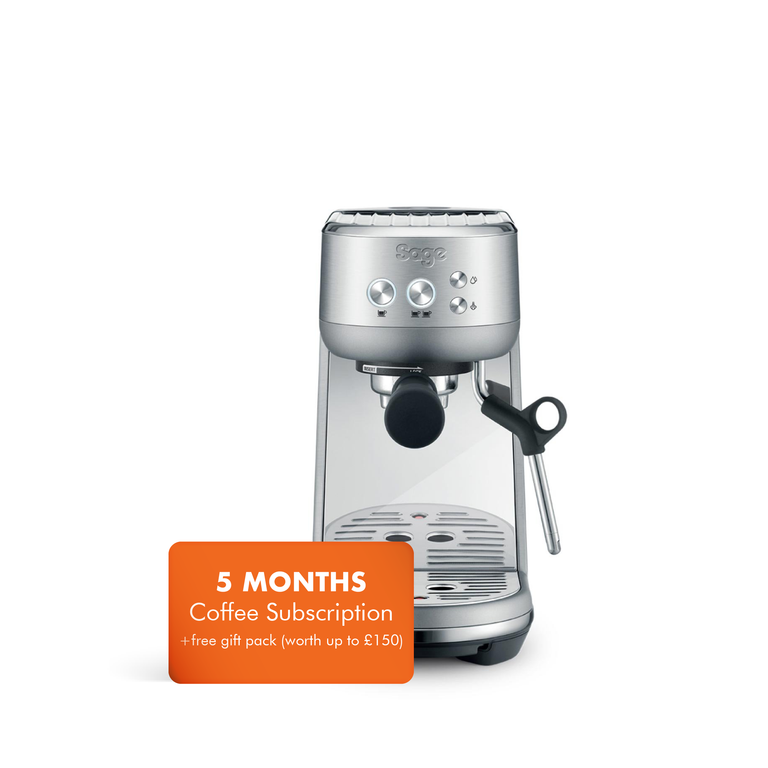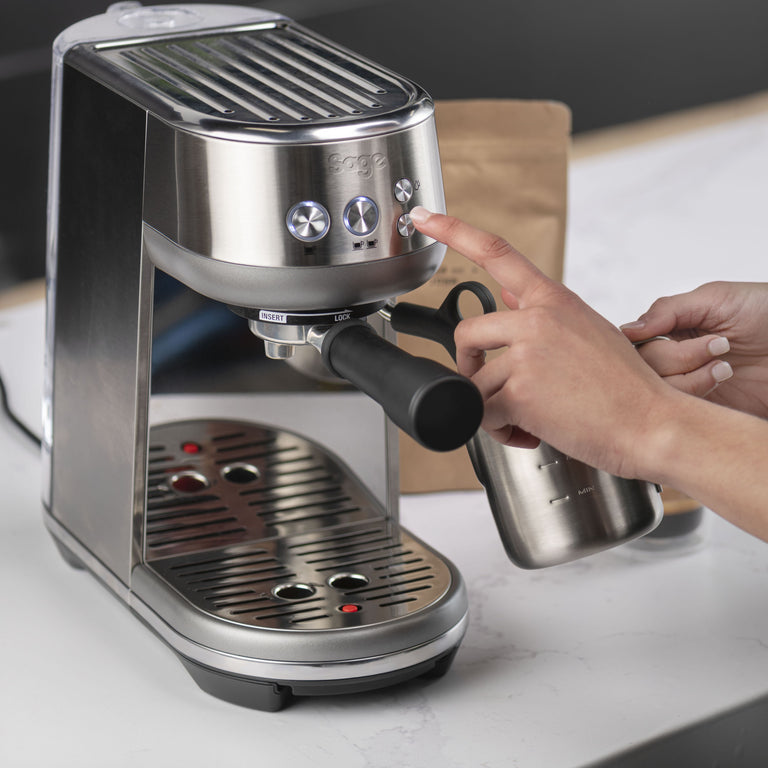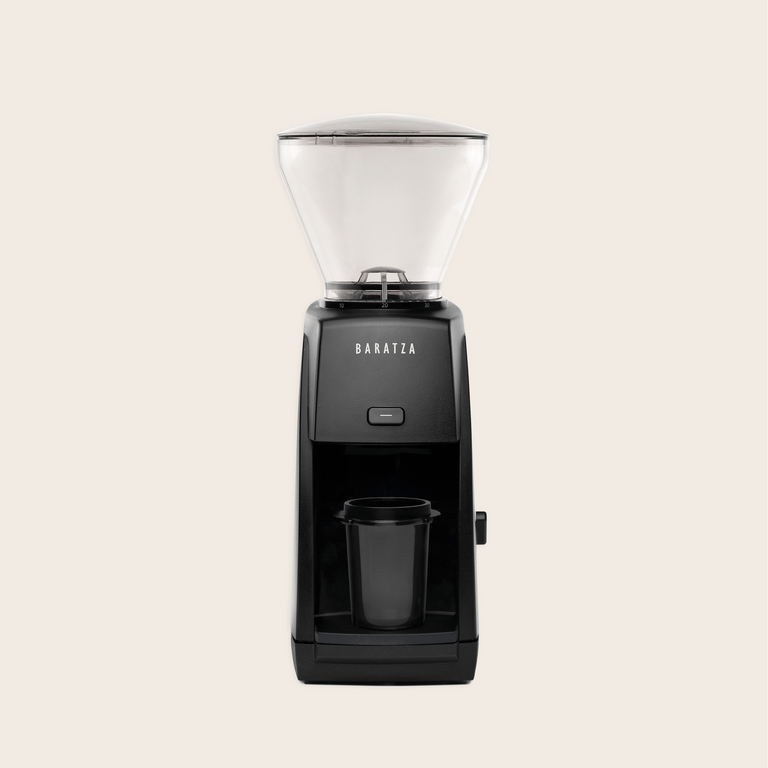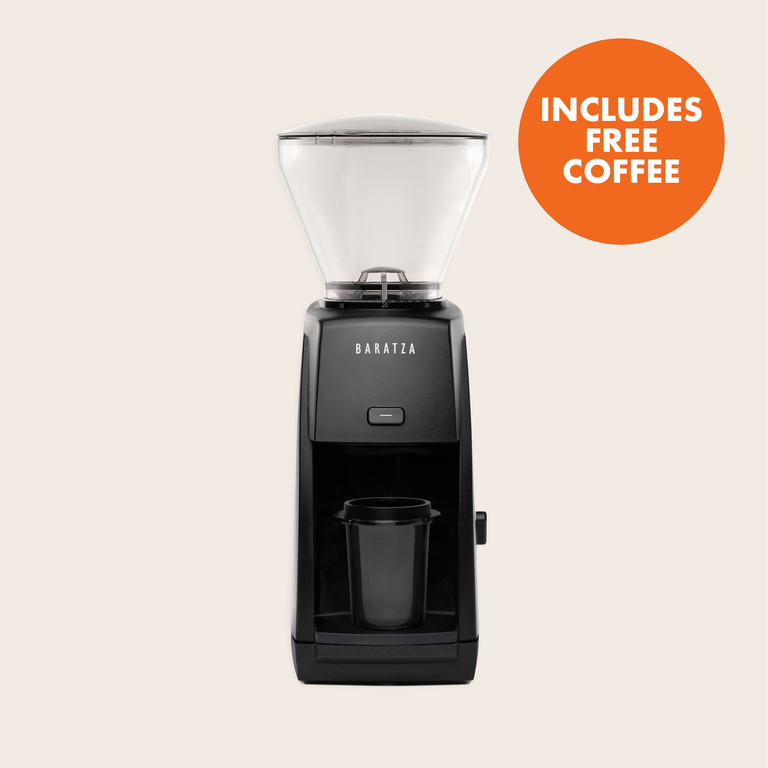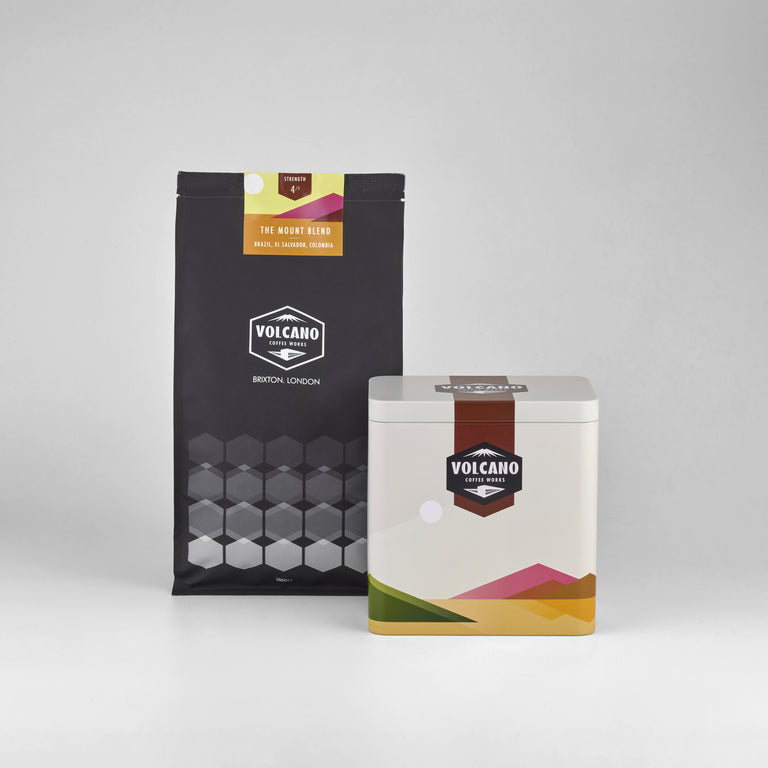November's Roaster's Choice Coffee Box subscribers will be trying coffee from Oscar Murgas' farm, El Salvador.
Oscar Murgas’ farm is one of three that we visit directly in the mountain ranges that are home to the famous Santa Ana Volcano. Oscar actually works full time at a large commercial coffee mill but chooses to process the cherries from his own farm separately rather than sell to the mill. In this way, he’s able to keep micro-lots separated and use his own raised-bed drying facilities to experiment with various combinations of process and varietal. The net result is that he is able to attain a level of quality that would otherwise be impossible with large scale coffee production.

Oscar is known for choosing to pick super late when processing. This means leaving the coffee cherries on the bush until they’re a deep purple and hyper sweet. This is then amplified somewhat by the ‘honey’ processing method which leaves coffees to dry with the fruity mucilage attached to the outside of the bean. This combination definitely has a positive effect on the final cup where notes of plum, ripe stone fruits and almond/marzipan can be clearly distinguished.
This particular coffee the Pacamara, is internationally renowned but native to El Salvador. Pacamara is a hybrid of Pacas and Maragogype and is renowned for its bigger bodied sweetness, sometimes with notes of tropical fruit.

In the 1920's El Salvador was the fourth largest exporter of coffee in the world
El Salvador’s coffee history begins in the early 1880’s when coffee replaced indigo as the main export for the country. By the 1920’s coffee accounted for 90% of all of El Salvador’s exports and as recently as 1975, although the smallest country in Central-America, EL Salvador was still the fourth largest exporter of coffee in the world.
El Salvador, unfortunately, is not the success story that the above numbers may suggest. Liberal Reforms in the 1880’s meant that almost half of the El Salvadorian population were stripped of their land rights and became impoverished workers for the few political elite that held property titles.
This continued for many years, and while it had some advantages in creating roads and infrastructure, the vast majority of El Salvadorians remained disadvantaged. This was exacerbated when, in the 1930’s, global coffee prices plummeted by two thirds and rural unemployment skyrocketed. In January 1932 tens of thousands of peasants rebelled and, at La Matanza, were murdered en masse with casualties totalling around 30,000.
While the coffee industry recovered, and even prospered, civil unrest remained and eventually burst into a civil war which raged between 1979 and 1992 during which 75,000 lives were lost. Although undeniably catastrophic this also lead to agrarian reform and the emergence of both new private and co-operative coffee busineses.
While these days El Salvadorian farmers still face a plethora of new challenges from the climate, crop diseases, gangs and urbanisation coffee still promises the opportunity for a better future.
